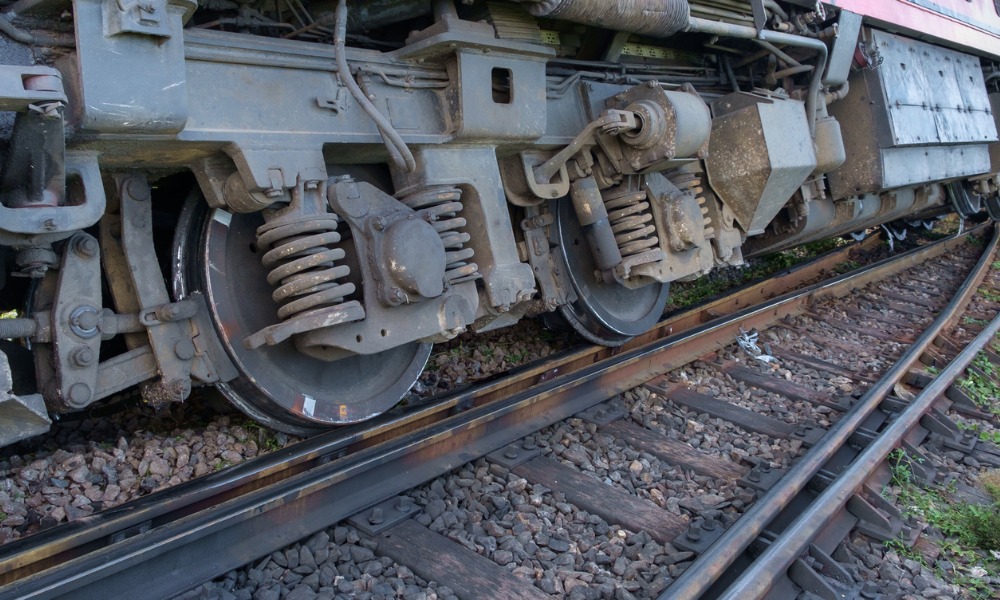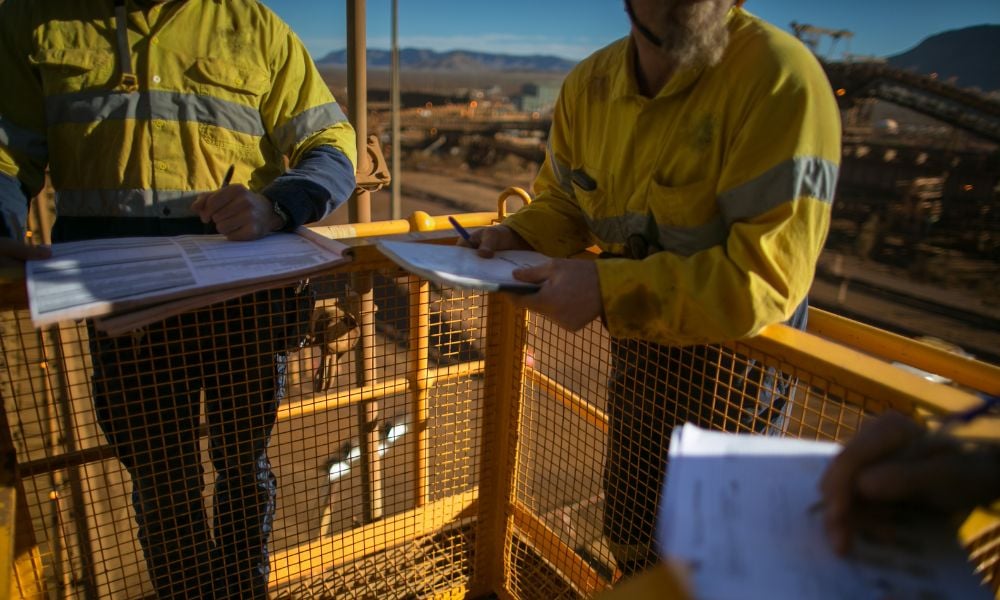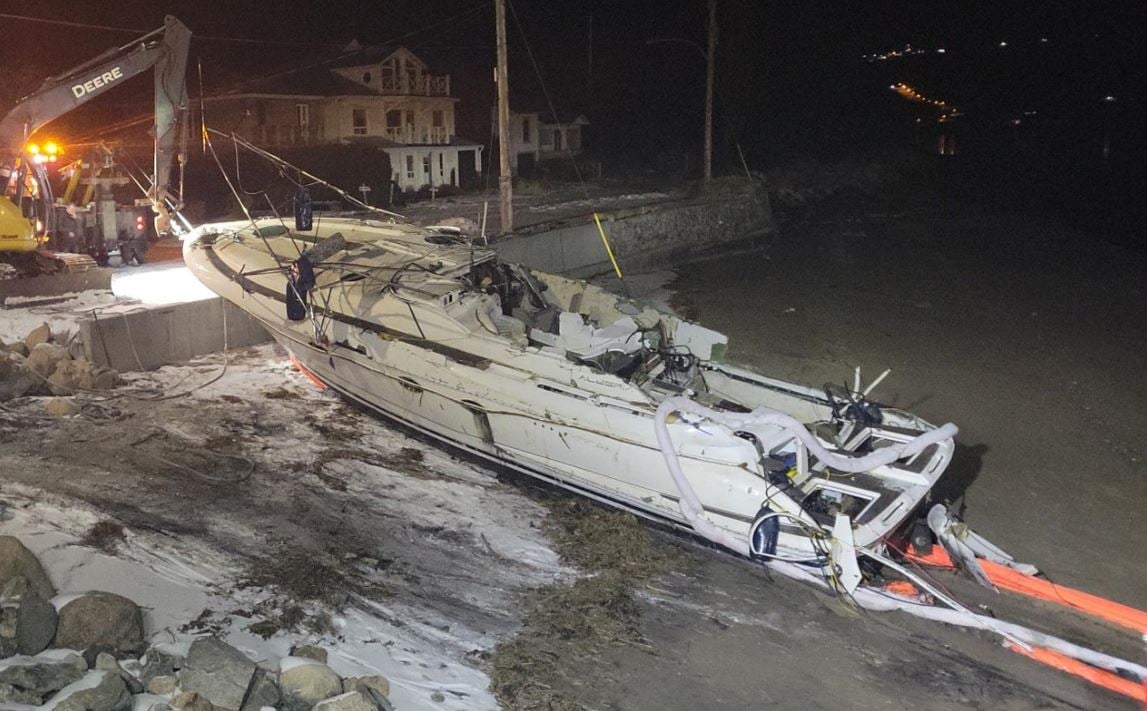Engineer's 'divided attention' contributed to mistaken switch position

In the quiet town of Huntingdon, Quebec, a routine evening turned chaotic as a Canadian National Railway Company (CN) freight train derailed. The incident, which occurred on December 11, 2022, and subsequent investigation raised questions about the safety of rail transportation systems, specifically as it relates to locomotive voice and video recordings.
The Transportation Safety Board of Canada (TSB) released its investigation report (R22D0106), shedding light on the series of events leading to the derailment. Nobody was hurt and none of the cars carrying dangerous goods derailed.
"The locomotive engineer mistakenly placed the switch in the normal position instead of the reverse position, resulting in the derailment," explains Patrick Sirois, TSB regional senior investigator. "The locomotive engineer's attention was divided as he performed various tasks while entering the code controlling the radio-controlled switch," says Sirois.
This divided attention likely contributed to the selection of the incorrect switch position, a critical factor in the derailment. Additionally, auditory and visual confirmations from the switch system misled the crew into believing that the switch was set correctly. Despite the crew's efforts, the lack of visual confirmation due to darkness exacerbated the situation, ultimately leading to the derailment as the train passed over the switch point derail.
Furthermore, auditory and visual confirmations from the switch system misled the crew into believing the switch was set correctly. Despite the crew's efforts, the lack of visual confirmation due to darkness exacerbated the situation, ultimately leading to the derailment as the train passed over the switch point derail.
The investigation also uncovered a significant technical issue: the absence of voice and video recordings from inside the locomotive cab. This lack of audio data, as Sirois pointed out, made it impossible to determine the verbal communications between the train crew members during the occurrence.
"The lack of audio recording was related to the georeferencing system, which deactivated the cab voice recording when the train was operating in the United States to comply with U.S. regulations," Sirois explained.
The incident prompted the TSB to issue Rail Transportation Safety Information Letter 01/23 to Transport Canada, recommending a thorough verification of locomotive voice and video recorder (LVVR) systems operated by railway companies to ensure compliance with Canadian regulations and the correct capture of all required parameters.
This wasn’t a serious derailment, but the lesson learned will need to be applied to ensure rail companies are adhering to safety protocols and regulations in the railway industry. The incident serves as a reminder of the consequences of complacency and the need for continuous improvement in rail transportation safety.





